Introduction
The consequences of the colonialist period still continue to claim victims in the vastness of the Asian areas. The Rohingya Muslims, for example, are an ethnic minority located in northern Rakhine state, Myanmar, and for several years they have been hated, discriminated and persecuted for numerous reasons by a majority of Burmese Buddhists. Among the many motivations stand out ethnic and religious issues. A further one is that according to the local government, Rohingya Muslims do not even exist, instead, they are considered by the authorities as Bengali migrants, who crossed the border during the period of colonialism[1]. Most of them are stateless, as they cannot obtain citizenship by birth due to the 1982 Citizenship Law, which does not include the Rohingya on the list of 135 recognised national ethnic groups. Over the years, the limitations on the personal freedoms of the Rohingya have been increasingly compromised, as they are forced to live in areas enclosed by fences, as if they were prisoners, thus recalling the image of imprisonment in camps, the same images from the Second World War that history did not let us forget.
The Importance of Education Narrated Through Oral History
Among various restrictions, the lack of access to public education stands out. In Myanmar, Rohingya are forced to attend exclusive schools only for people belonging to their ethnic group. At the same time, children of refugees are not allowed to attend schools outside of the refugee camps in Bangladesh – The negative impact of such restrictions is particularly visible in the context of the Covid pandemic. While researching the issue of restrictions on school education, I sought the help of the United Nations High Commissioner for Refugees (UNHCR) to address this topic through interaction with a stateless person from the Rohingya ethnic minority. Since I am stateless, I decided to learn more about what it means to be stateless in Myanmar, with the aim of learning more about human rights and the Rohingya community. With the assistance of the UNCHR team, I met Zaw Min Htun, and we spoke several times on Zoom about many topics related to the situation of the Rohingya people, especially about the importance of school and university studies to guarantee equal and fair access to education. Oral history methodology allows us to learn about issues from the perspective of a person who is sharing emotions, feelings and, most importantly, a personal story.
Access to Education in Myanmar for the Rohingya people
Zaw Min Htun is a Rohingya who lives in Sittwe, the capital of the Rakhine State. He was born in Min Bya, which is a town in Rakhine State (Myanmar) and then he moved with his family to Sittwe where one of his family members gained a work promotion. Zaw is stateless, the Myanmar government does not recognize Rohingya citizenship although Rohingya are native of Rakhine State long before Burma became an independent country. Suffice it to say that his grandfather was a government primary head schoolteacher with 38 years of service. He has been also a judge member of Min Bya town court in 1947 under British rule and a representative member of Min Bya in Burma Constitution Committee in 1932. Unfortunately, the grandfather’s career changed nothing in Zaw’s life because now they are all stateless according to Myanmar autorithies, and that is totally unacceptable for them until the moment that the government will begin to consider Rohingya as an official ethnic group. Following in his grandfather’s footsteps, Zaw became a volunteer teacher. In addition to this, he is also the Vice President of the Rohingya Student Union at the school where he teaches since 2017. Zaw knows very well the Myanmar education system. Throughout his life, Zaw studied in Sittwe. Starting from grade 0, he followed a primary school and high school curriculum designed only for Rohingya children. After graduation, he started a university course in history at Sittwe University. Rohingya students like Zaw are forced to adapt to many legal restrictions to complete their education and the situation has worsened over time: the educational conditions in which they find themselves are critical. Since 2012, they cannot even have access to normal Burmese universities, but only to institutes reserved exclusively for people belonging to the Rohingya ethnic minority. We have to keep in mind that the brutal military campaigns supported by Burmese Buddhists to oppress and massacre the Rohingya Muslims peaked in 1978, 1992 and the 2012 crisis, which persists to this day. Lack of citizenship and oppression with consequent limitations of human freedoms are the factors on which the Rohingya do not want to surrender because their will to have access to all fundamental human rights as written in Article 1 of the “Universal Declaration of Human Rights”[2] of 1948:
In Myanmar, the right to equal access to education is still an issue: ethnic Rohingya students study in separate schools and Rohingya teachers don’t have access to proper training. Zaw witnessed such discrepancies in his professional environment. Teaching was the calling that Zaw decided to pursue. He chose to become a volunteer teacher, a job position appointed by the government. The demand for new teachers has been increasing after the 2012 violence and the government hired about 500 new volunteer teachers[3]. One of them is Zaw – who mainly teaches English, mathematics, and history. Zaw noticed that many of his colleagues had no real training. Some of them even teach without having completed a regular course of study. In the areas dedicated to the education of the Rohingya, Zaw pointed out that there are substantial differences between the schools dedicated to the Rohingya students and all other schools in the Rakhine area:
“The most important is the lack of training that the government should provide for the teachers it employs, the Rohingya find themselves with no teacher training, leading to possible complications relating to the school educational environment[4]”.
“The government’s commitment to community development, education development, culture and related fields is not present in the Rohingya areas. The only part of the state that matters are the parts where they are not present, thus not allowing any kind of development opportunities for the Rohingya. The government provides free access to school services, schoolbooks, and some materials, but these are not sufficient to meet the needs of students and teachers. Only 30% of students are supported through government ‘engagement’[5]”.
Regardless all challenges, numerous Rohingya students prefer to work as teachers in order to help their community. At the same time, many students choose another alternative – to move abroad (if they are able to leave the country).[6]
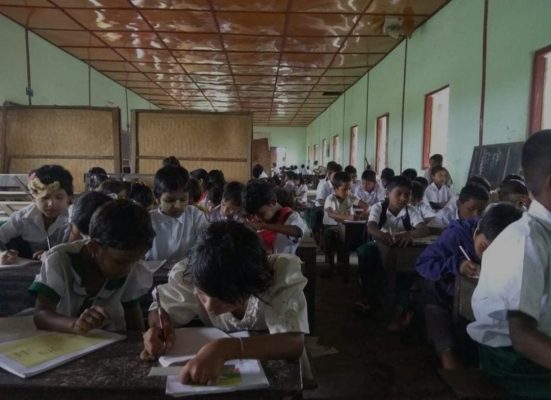
Lack of Access to Information about the Pandemic
In a world where there is ignorance, manipulation will find its place easily. During the Covid-19 pandemic, the government[7] did not support the provision of educational services. During such sensitive time, no remote mode was guaranteed through the use of the Internet, forcing teachers and students to go to classrooms, thus ignoring the pandemic[8]. According to Zaw, due to the lack of literacy and the government’s continuous lies, the importance of Covid-19 was systematically downplayed. Often, officials denied the existence of serious health risks. Meanwhile, the lack of trust between the government and ethnic Rohingya groups are continuously growing. According to Zaw, with the development of the pandemic, the government imposed immediately severe restrictions on access to schools in areas with Rohingya population.
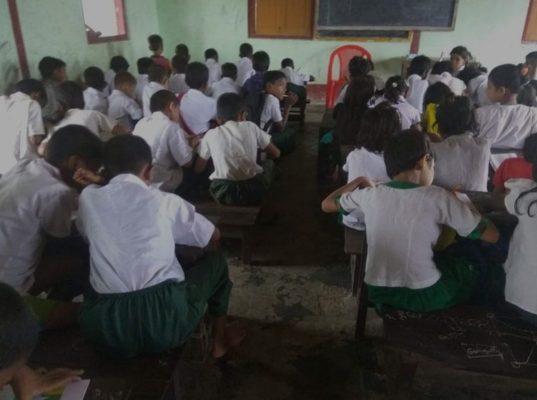
Among their many activities aimed at inclusive and increasing literacy, Zaw Min Htun, along with other volunteers, created a volunteer group to help their community during the global pandemic caused by Covid-19. This need has arisen since the government – in the words of the interviewee – is ignoring the Rohingya by not providing adequate information and protection from the virus. Zaw has taken a leading role in the volunteers’ team with the unequivocal aim of informing and campaigning on the Covid-19 issue. He is seeking help from people around the world and collecting donations for purchasing vaccines for his community. What Zaw and his team would like to see is more support for the community, especially the student community, as many of them depend on donations from individuals and NGOs.
Restriction on Education for Rohingya children in Cox’s Bazar refugee camps
Many countries in Europe and around the world have opened their borders for Rohingya refugees. During the numerous attacks in Rakhine State, many Rohingya were forced to flee, finding refuge in neighbouring countries. Bangladesh is one of those countries bordering with Myanmar where more than 800,000 refugees are settled. Most of them have found a ‘safe’ place in the Cox’s Bazar region, especially in the Kutupalong refugee camp establishment, to date, the largest refugee camp in the world[9]. Despite humanitarian aid from the Bangladesh government, education for refugee children does not remain one of the country’s priorities. The government, as highlighted by a Human Rights Watch report, continues to block aid groups for Rohingya youth inside the camps, banning children who want to attend schools outside the camps. These restrictions are illegal and deny at least 400,000 refugee children the right to study[10].
Such restrictive policies are expressed in the Refugee Relief and Repatriation Commissioner, in charge of implementing Bangladesh government policy on Rohingya refugees:
“If they stay for 20 years, you’ll need a curriculum, but if it’s just a year or two, then it’s different … There is no possibility for them to take the Bangladeshi curriculum[11].”
Myanmar also refused to approve the use of its curriculum in the camps, so UNICEF, the UN children’s agency, developed an informal education program[12]. According to the Bangladeshi government officials, the humanitarian crisis facing Rohingya refugees in Cox’s Bazar territory will last for one to two years, however since this was stated, id est 2019, the crisis persists.
Conclusion
Power, ignorance, and hatred are the three pillars that have led mankind to decline countless times throughout history. The situation of the Rohingya and the campaigns of ethnic cleansing, deprivation of fundamental rights, and marginalisation against them is a living reality that needs to be addressed because many other ethnic minorities face similar problems. This research on the right to education for Rohingya people challenges some commonly shared perceptions of the world. In some parts of the globe, it is not simply taken for granted that the Rohingya people have emotions, feelings, and thoughts. Human rights should not be a privilege. Everyone should fight for them to be respected but, unfortunately, until this reality does not affect us personally, we will remain impassive in front of certain brutality. Becoming aware of different cultures and realities is a way to expand our knowledge through a critical eye. During my research, I often asked myself: What if a member of my own family was denied education? What if I did not have access to information about Covid? As Zaw emphasized during the interviews, culture, education, skills and competencies combined with critical thinking are the basis for forming a legitimate democratic government.
References
- Sohel, Md. “The Rohingya crisis in Myanmar: Origin and emergence.” Saudi J. Humanities Soc. Sci 2 (2017).
- Zaw Min Htun, interview by Armando Augello Cupi, Rome, Italy, July 07, 2021.
- Zaw Min Htun, interview by Armando Augello Cupi, Rome, Italy, July 27, 2021.
- Rahman, Mahbubur, and Haradhan Kumar Mohajan. “Rohingya-The Stateless Community Becoming the Lost Generation.” Journal of Economic Development, Environment and People 8.2 (2019): 24.
- Esveld, Bill Van. “Bangladesh: Rohingya Children Denied Education.” Human Rights Watch. October 28, 2020. Accessed September 16, 2021. https://www.hrw.org/news/2019/12/02/bangladesh-rohingya-children-denied-education.
- Esveld, Bill Van. “Are We Not Human?”, “Denial of Education for Rohingya Refugee Children in Bangladesh”. December 3, 2019. Accessed October 14,2021. https://www.hrw.org/report/2019/12/03/are-we-not-human/denial-education-rohingya-refugee-children-bangladesh
Footnotes
[1] Sohel, Md. “The Rohingya crisis in Myanmar: Origin and emergence.” Saudi J. Humanities Soc. Sci 2 (2017).
[2] United Nation. «Universal Declaration of Human Rights», https://www.un.org/en/aboutus/universal-declaration-of-human-rights.
[3] Zaw Min Htun, interview by the author, Rome, Italy, July 27, 2021.
[4] Ibid.
[5] Ibid.
[6] Zaw Min Htun, interview by the author, Rome, Italy, July 27, 2021.
[7] During the pandemic, in February 2021, the Burmese military seized power after a coup, overthrowing the government led by the National League for Democracy and its leader Aung San Suu Kyi.
[8] Zaw Min Htun, interview by the author, Rome, Italy, July 27, 2021.
[9] USA for UNHCR, “Inside the world’s five largest refugee camps”. April 1, 2021. Accessed October 14 ,2021. https://www.unrefugees.org/news/inside-the-world-s-five-largest-refugee-camps/
[10] Esveld, Bill Van. “Bangladesh: Rohingya Children Denied Education.” Human Rights Watch. October 28, 2020. Accessed September 16, 2021. https://www.hrw.org/news/2019/12/02/bangladesh-rohingya-children-denied-education.
[11] Esveld, Bill Van. “Are We Not Human?”, “Denial of Education for Rohingya Refugee Children in Bangladesh”. December 3, 2019. Accessed October 14,2021. https://www.hrw.org/report/2019/12/03/are-we-not-human/denial-education-rohingya-refugee-children-bangladesh
[12] Ibid.
For further informations you can contact me through e-mail: [email protected]
Below I will link to the Facebook page of the Rohingya Youths Committee for Covid in Sittwe, the page is managed by Zaw and his collaborators. Anyone who can make donations or help of any kind can contact them via Facebook or at Zaw’s personal email which I will leave below.
Rohingya Youths Committee for Covid in Sittwe
Zaw Min Htun e-mail: [email protected]


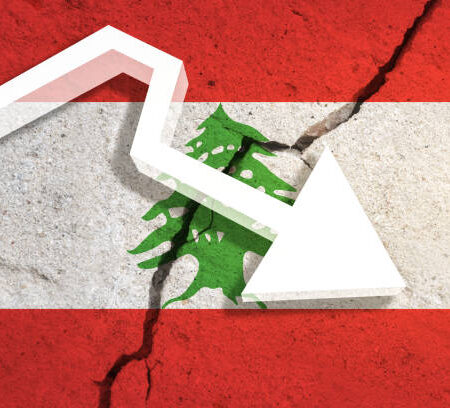
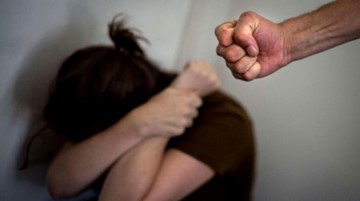

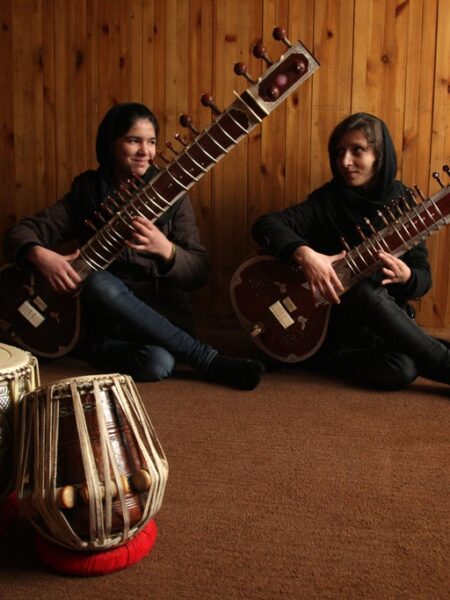
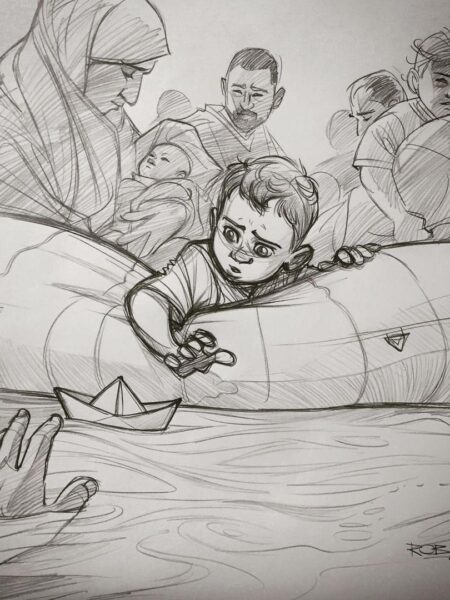
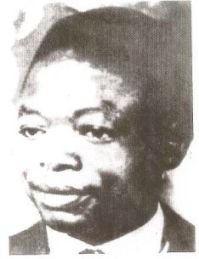

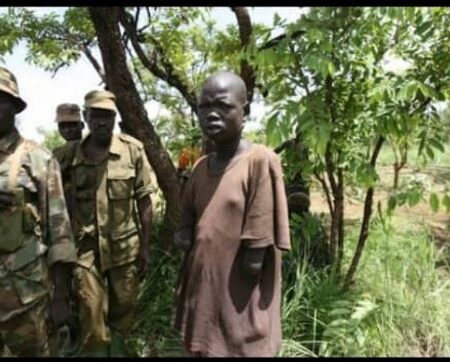
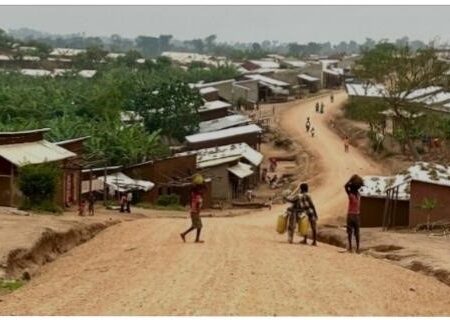
Education is a fundamental right of a human being. Rohingya are not Bangladeshi; at the same time, the Myanmar Government refused the curriculum. That means they do have the right access to education. Is it mean that education is a fundamental right of everyone accepting refugees? No, do we have the equal right to study as human beings. The study shows the reality of the education crisis of the Rohingya people. Thank you.